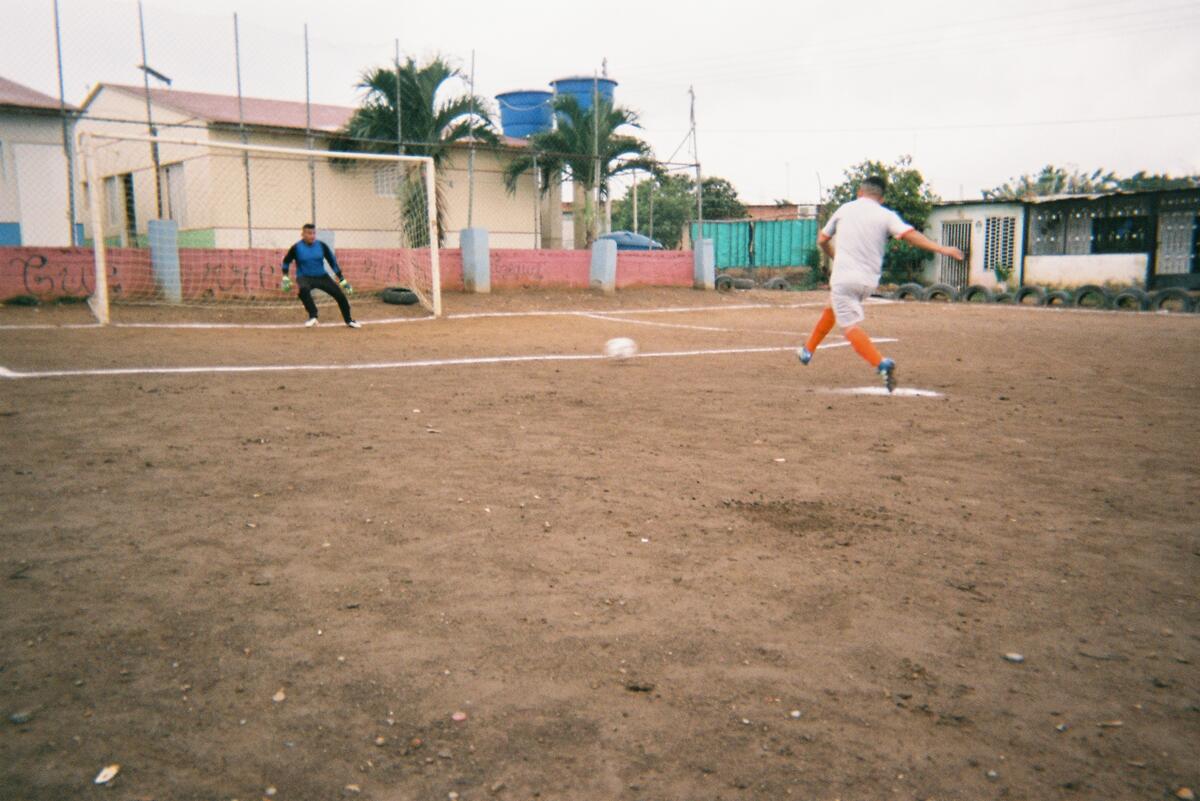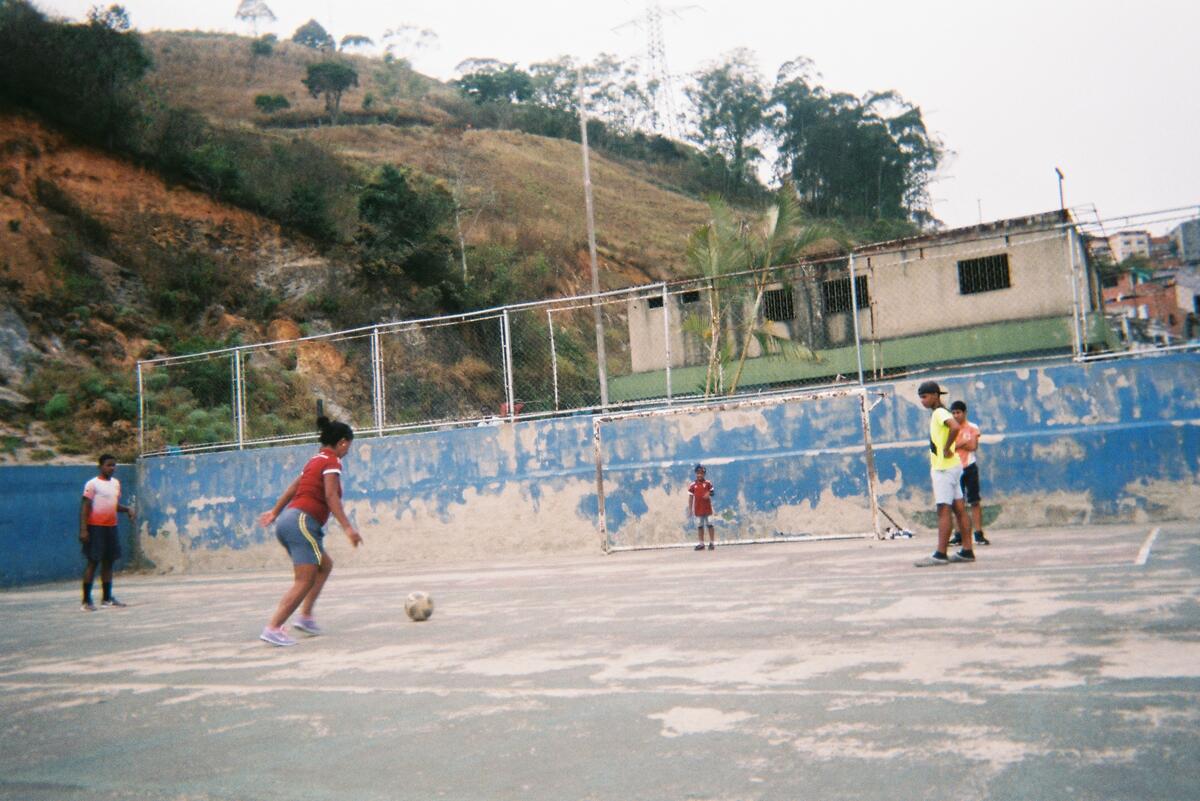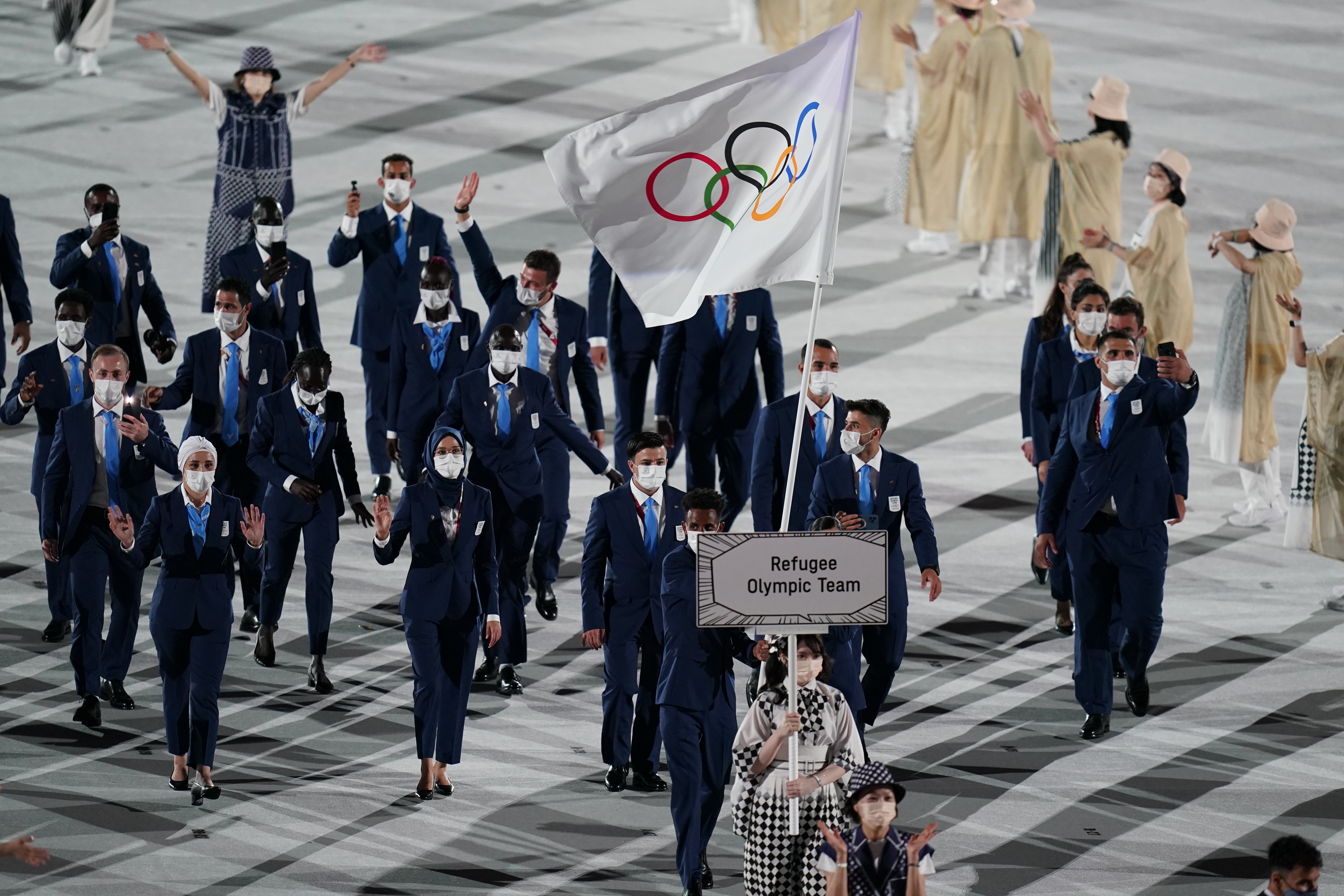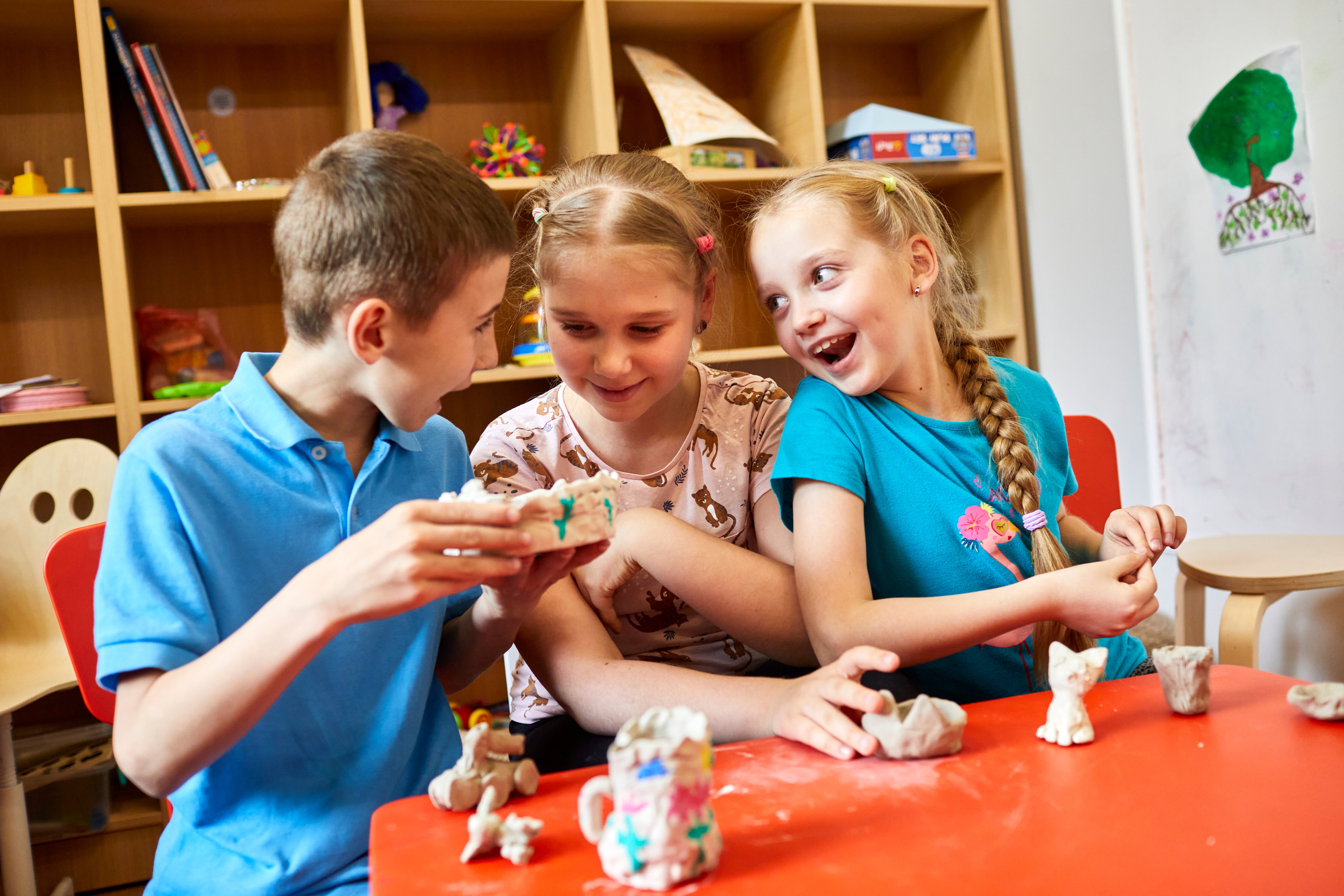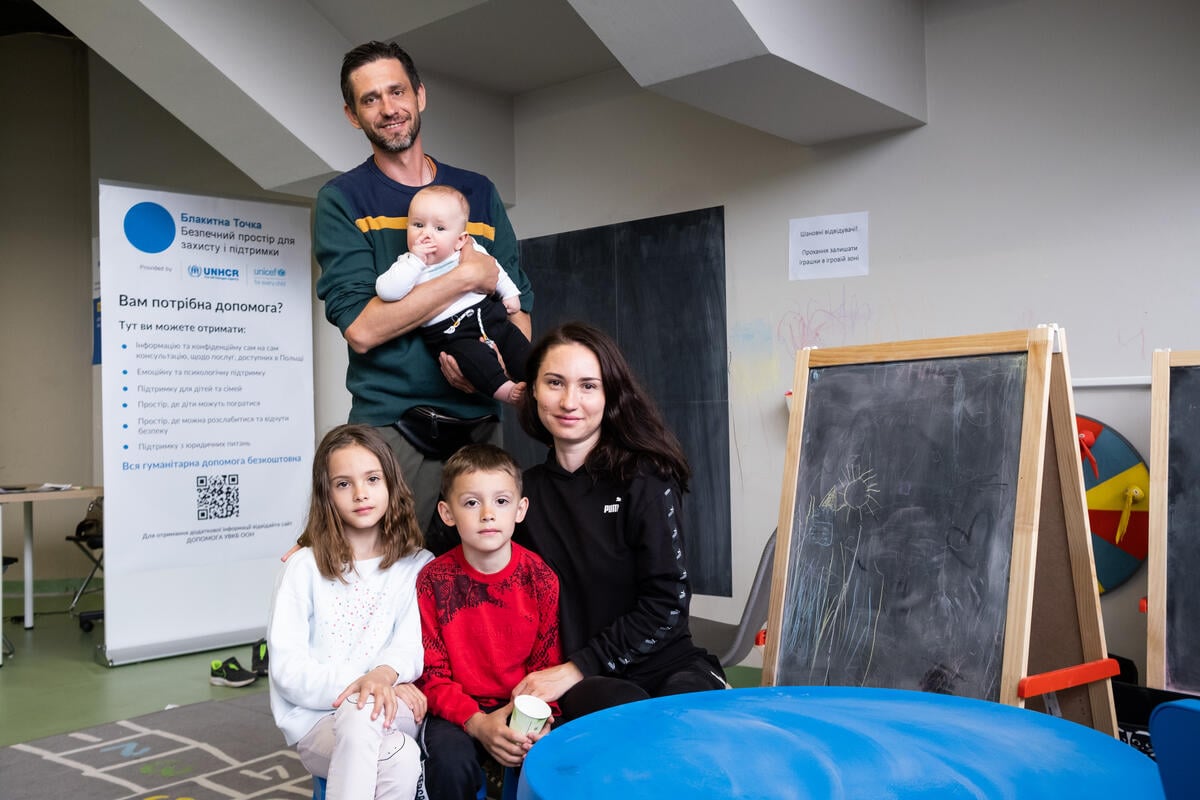Real Madrid trains refugee children in Panama City suburb
Real Madrid trains refugee children in Panama City suburb

PANAMA CITY, Panama, June 27 (UNHCR) - It's a long way from the Bernabeu stadium to Central America, but there is a direct link between Real Madrid's hallowed ground and a suburb overlooking the Panama Canal.
The City of Knowledge gathers several prestigious universities and schools built on the site of Panama's last US naval base, which was closed in 1999. They include the School for Sports Education and Social Integration, which was opened by the Real Madrid Foundation last year to teach football and provide a rounded education for hundreds of Panamanian youngsters.
This year, following an agreement between UNHCR and the Real Madrid Foundation, it opened its doors to 11 refugee children in Panama City. They joined more than 500 other students aged between five and 18, who were selected on the basis of both their skills and social background.
"Of course we want to train good players, but we also want to give the kids a chance to develop their full potential as human beings," explained the school's technical director, former Real Madrid player Angel Pérez, while keeping an eye on four different games at once.
On one pitch, the younger children were learning the basics of the game. Nine-year-old refugee Roberto* seemed stunned after scoring an impressive goal and winning the coach's praises. The boy arrived from Colombia just over a year ago and the adjustment to a new life far from home has been hard for him.
His mother, Lucia,* was watching from the sidelines. She said that for a long time after arriving the boy refused to speak and would not go to school." He told me the other children did not like him for being Colombian," she explained, adding that Roberto had changed a lot since joining the Real Madrid school." It's doing him a lot of good, he's beginning to open up and make friends again."
There are two other refugee children on Roberto's team - both girls. Karina*, aged seven, is also Colombian, while eight-year-old Eloise* comes from Haiti. The training sessions and matches give their parents a chance to meet and socialize, regardless of nationality. It is a rare opportunity to break down barriers and make friends.
"There is a lot of mistrust; people think that because we are Colombians we are all narco-traffickers or guerrillas," Karina's mother noted. "Once they get to know us better they realize it's not true and their attitude changes completely."
Tuition at the School for Sports Education and Social Integration is free for refugee children and the school also pays for transport, uniforms and two meals a day. At weekends, the children travel to tournaments around the country.
"Football brings people together; this is a very good way for young refugees to get to know other children. Children can feel very isolated when they reach a new country and often they are at risk of being marginalized, so the Real Madrid school really helps them a lot," said UNHCR Representative in Panama José Euceda, adding that the government was very supportive of the project.
The Real Madrid Foundation runs similar schools in Chile, Bolivia, El Salvador and Ecuador and is planning to open several more in other American countries. UNHCR hopes to extend its collaboration with the Foundation to give more young refugees a chance to fulfil their potential through the game.
After a four-year wait, Real Madrid recently won Spain's Primera Liga, snatching a 3-1 victory over Mallorca in their last match of the season. They ended up equal on points with holders Barcelona but took their 30th league title because of a better head-to-head record.
* Names have been changed for protection reasons
By Marie-Hélène Verney in Panama City, Panama


